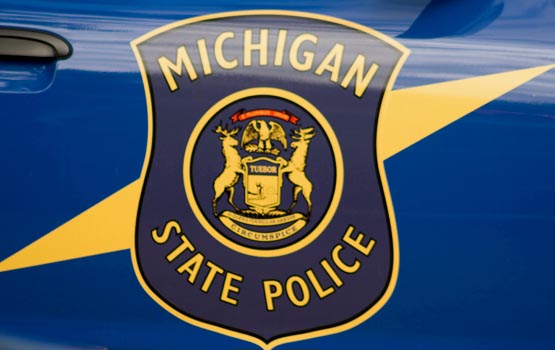 LANSING — State Representative Scott Dianda (D-Calumet) said today that House approval of House Bill 5578, sponsored by Rep. Dave Maturen (R-Vicksburg), aims to bring fairness to the process used when the Michigan Tax Tribunal determines the true cash value of a commercial property in a property tax dispute. HB 5578 would require the Michigan Tax Tribunal to make its own independent determination when issuing a decision in a property tax dispute based on sound property appraisal principals.
LANSING — State Representative Scott Dianda (D-Calumet) said today that House approval of House Bill 5578, sponsored by Rep. Dave Maturen (R-Vicksburg), aims to bring fairness to the process used when the Michigan Tax Tribunal determines the true cash value of a commercial property in a property tax dispute. HB 5578 would require the Michigan Tax Tribunal to make its own independent determination when issuing a decision in a property tax dispute based on sound property appraisal principals.
“House Bill 5578 is important for my Upper Peninsula communities because big-box stores have been winning arguments to reduce their property taxes, and when my local governments have to refund that money, it makes it nearly impossible to fund services such as law enforcement, libraries and local road maintenance,” said Dianda. “By requiring the tax tribunal to look more closely at the issue, as this bill does, I hope that we can get fairer decisions that will make these stores pay their fair share for the local services that they use and rely on.”
Local property assessors are charged with valuing a property based on its “highest and best” use. If it was built for $10 million in one year, then an assessor would value it at close to $10 million the next year. The practice of lowering assessments based on comparing the value to closed, vacant stores — known as the dark store method — has been exceptionally hard on Upper Peninsula communities where lower tax collections hit police, fire, ambulance and library services. Corporations also often add deed restrictions against selling that property to another retailer. Because of this, corporations have argued successfully to the Michigan Tax Tribunal that the “highest and best use” of a comparable property is for something far less valuable than the thriving retail property being assessed. If the tax tribunal agrees, and it has been agreeing, then the big-box store ends up paying less in property tax to the local unit of government.
“We’ve been working on this dark store issue for years now, and I’m glad to see some movement toward protecting local communities and local government services,” said Dianda. “My communities need these stores and the jobs they create, but we also need them to pay their fair share of taxes for the services they use just like the rest of us. We won’t get the money back that has been lost in previous unfair tax decisions. But at least we can stop the hemorrhaging of the money locals need to protect residents and businesses, and can look forward to reasonable decisions in the future.”
Dianda is the sponsor of House Bill 4681, which would create a user fee for corporations that use the dark store tactic to cut their property taxes. House Resolution 133, which Dianda also sponsored, calls for a statewide impact study that would look at communities that have already lowered large retail property tax assessments and study the impact on local services. Ottawa County has lowered these assessments by $14.8 million. Marquette Township recently had to refund overpaid property tax assessments of $756,000, due to dark store tax assessments.
 Keweenaw Report Your Source for Local News and Sports
Keweenaw Report Your Source for Local News and Sports





